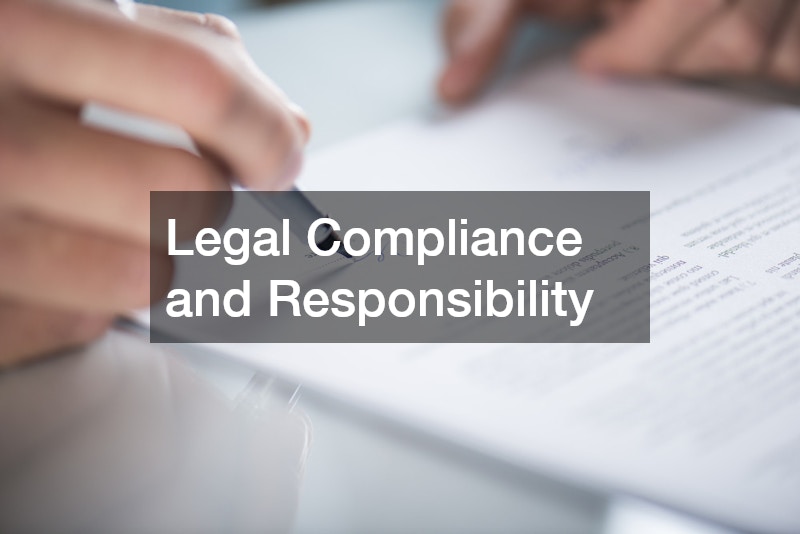
Bartending is a dynamic profession that requires a unique blend of skills, sociability, and knowledge about beverages. Many people see bartending as an art form, where creativity and interaction play significant roles. Attaining a bartending license adds another layer of professionalism and expertise to this already fascinating job.
A bartending license ensures that you are knowledgeable about the various laws and regulations surrounding alcohol service. It is typically required by employers to ensure that their staff is competent in responsible alcohol service.
Furthermore, having a bartending license can give you an edge in the competitive job market by showing employers that you are serious about your craft.
The process of obtaining a bartending license usually involves taking a course that covers topics like mixology, customer service, and local liquor laws. State and local governments often mandate these courses to ensure public safety and compliance with alcohol service standards. Ultimately, acquiring a bartending license can be a valuable step towards a successful career in the hospitality industry.
The Professional Edge
Possessing a bartending license not only demonstrates legal compliance but also highlights a commitment to professional growth. Employers appreciate staff who are not only licensable but also bring this level of preparation and training. A licensed bartender is often seen as more trustworthy and reliable, fostering both customer confidence and employer satisfaction.
Beyond the basic skills of serving drinks, a bartending license often involves training in customer interaction and handling unruly patrons. These skills are crucial in providing a safe and enjoyable experience for all patrons. In addition, licensed bartenders tend to manage responsible serving better, mitigating the risk of legal issues for themselves and their employers.
Moreover, having a bartending license can make you a more attractive candidate when applying for jobs, as it reflects dedication and a proactive approach. This credential can distinguish you from other candidates and help you land positions at prestigious establishments. Ultimately, being a licensed bartender can provide more significant opportunities for advancement within the hospitality industry.
Deepening Knowledge and Skill Sets
One of the most significant advantages of getting a bartending license is the opportunity to deepen your knowledge of the industry. The courses required for licensing cover not only legal aspects but also bartending techniques and advanced mixology. This education allows you to refine your skills, making you a more competent and efficient bartender.
With a license, you learn about new trends in beverage creation and gain insights into customer preferences. This knowledge can be a tremendous asset when developing menus and suggesting drinks, enhancing customer satisfaction and sales. Additionally, the skills acquired through training prepare you to handle a wide range of scenarios, from peak rush hours to special events.
Bartending license courses also offer practical experiences that challenge you to think creatively and innovatively, sharpening your ability to deliver excellent service. By gaining a comprehensive understanding of the business side of bartending, you position yourself as indispensable to any establishment. This depth of knowledge can lead to career growth and specialization within the field.
Legal Compliance and Responsibility
Acquiring a bartending license is an essential step towards legal compliance in the hospitality industry. It indicates that you are familiar with state-specific regulations regarding the sale and service of alcohol, which is crucial for preventing legal complications. Licensed bartenders are better prepared to operate within the law, protecting both themselves and their employers from liability.
The importance of understanding the legal ramifications of serving alcohol cannot be overstated, as it impacts customer safety and business operations. With thorough training, licensed bartenders are adept at identifying signs of intoxication and refusing service responsibly. This level of understanding exemplifies the ethical responsibility of ensuring a safe environment for all patrons.
In addition, holding a bartending license can build trust with your employer, as it confirms your ability to manage challenging situations effectively. Businesses that employ licensed bartenders can maintain higher standards of service and minimize the risk of running afoul of the law. In conclusion, attaining this qualification is crucial for both personal accountability and professional integrity.
Conclusion: A Path to Success
Obtaining your bartending license can be a transformative step towards a rewarding career in the hospitality industry. It equips you with the knowledge and skills to excel in this dynamic field while ensuring legal compliance and responsibility. The benefits of this credential extend beyond the immediate advantages, paving the way for career progression and professional growth.
.





